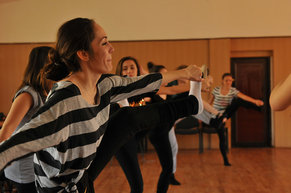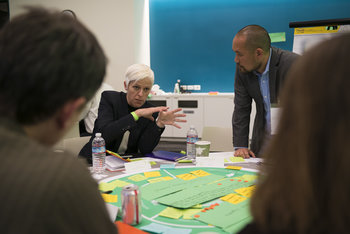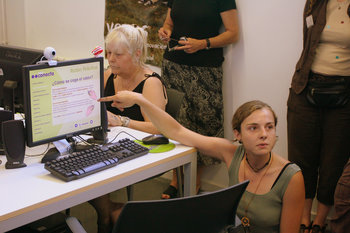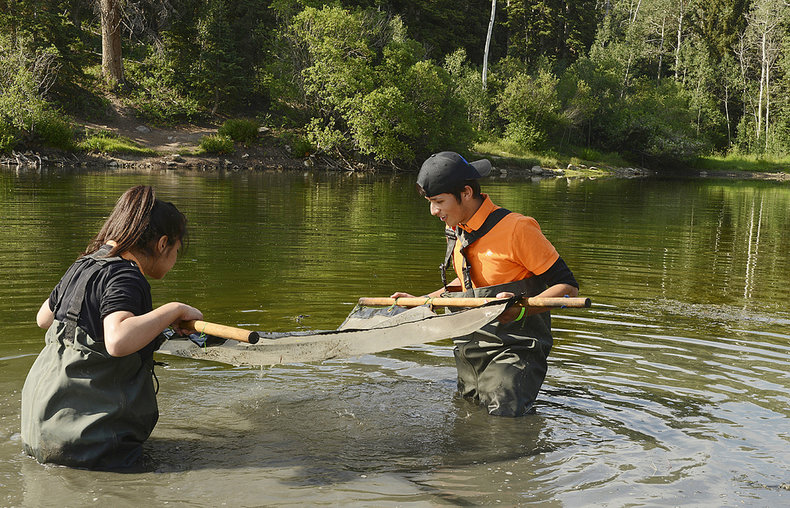
Professional Work Experience
The history of an individual's career including their employers, roles, responsibilities and accomplishments. If you have changed careers or gone back to school, your previous work experience may still be relevant to new opportunities.Paid Internships
A form of temporary employment lasting up to a year that is geared towards providing those who lack work experience with opportunities to work in a field.Unpaid Internships
Unpaid work in exchange for experience in a highly desirable role. Unpaid work is usually illegal. As such, these programs may be carefully regulated to ensure they are providing participants with valuable experience in exchange for their efforts. Unpaid internships should only be accepted from reputable programs and organizations that clearly explain what you will learn and what is expected in return.Work Experience Programs
It is common for education programs or entire education systems to provide work experience to all participants. This usually resembles an unpaid internship except that you may be assigned to an employer with little choice. The education system that runs the program is accountable for ensuring that participants are treated fairly such that they get valuable experience in exchange for their time.Questionable Internships
In some cases, organizations request that students pay considerable tuition in order to work for free in an unpaid internship. Likewise, firms may request fees to find an internship or a volunteer position abroad. These practices are questionable from an ethical point of view unless they are truly using your money in a way that is making the world a better place or to provide you with a valuable learning opportunity.Part-time Jobs
Work that is unrelated to your planned career may still be viewed as valuable to an employer because it shows that you have experienced the real world of work. For example, a waiter deals with difficult customer service situations that may be unfamiliar to someone who has never worked.Summer Jobs
Paid positions during your summer or Christmas holidays.Gap Year
A gap year is a year that is taken off in the middle of your education at some point to travel, take internships, learn a language, volunteer or experience work. If you take a gap year for travel, it is often possible to do a little work or volunteering to gain some experience. For example, if you have completed your undergraduate degree, it is often possible to get a job teaching a language in a foreign country.Volunteering
Unpaid work for a non-profit that adds value to your community. This demonstrates character as well as any practical experience you may gain.Freelancing
Odd jobs that you have done. For example, tutoring your neighbor's kids in math or helping a local business with a software problem.Apprenticeships
An apprenticeship is a path to a trade or profession that involves extensive on-the-job training. In some cases, these are tied to an education program such that they involve a combination of classroom learning and work experience.Student Jobs
Jobs related to your school such as a teaching assistant role at a university.Entrepreneurship
Self-directed initiatives that create value such as organizing a concert or developing open source software.Summary
The following are common types of work experience: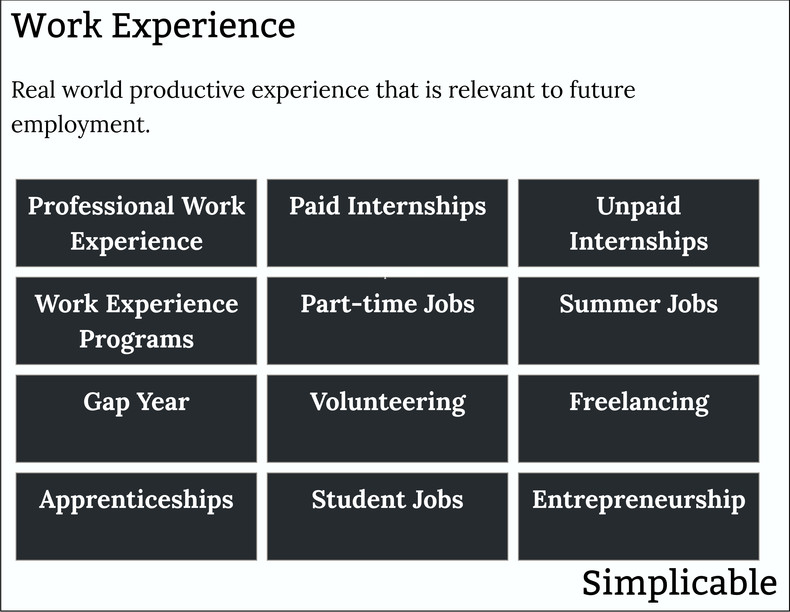
Overview
Work experience is the professional background and employment history of an individual often presented as a chronological list of roles, responsibilities and accomplishments.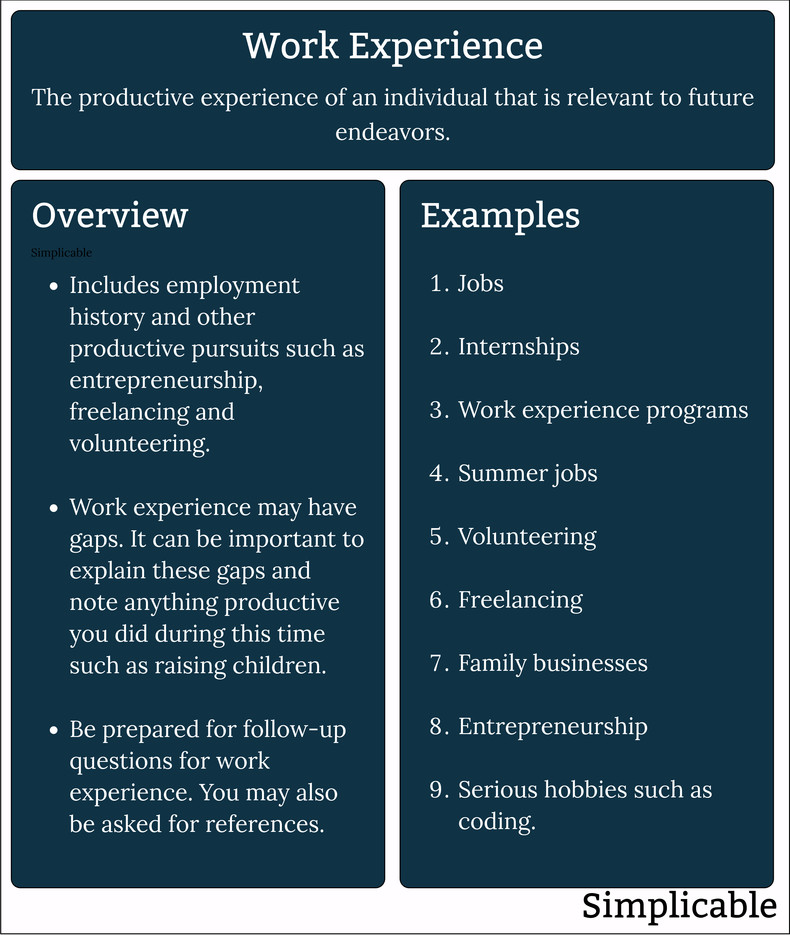
| Overview: Work Experience | ||
Type | ||
Definition | Real world productive experience that is relevant to future employment. | |
Related Concepts | ||

